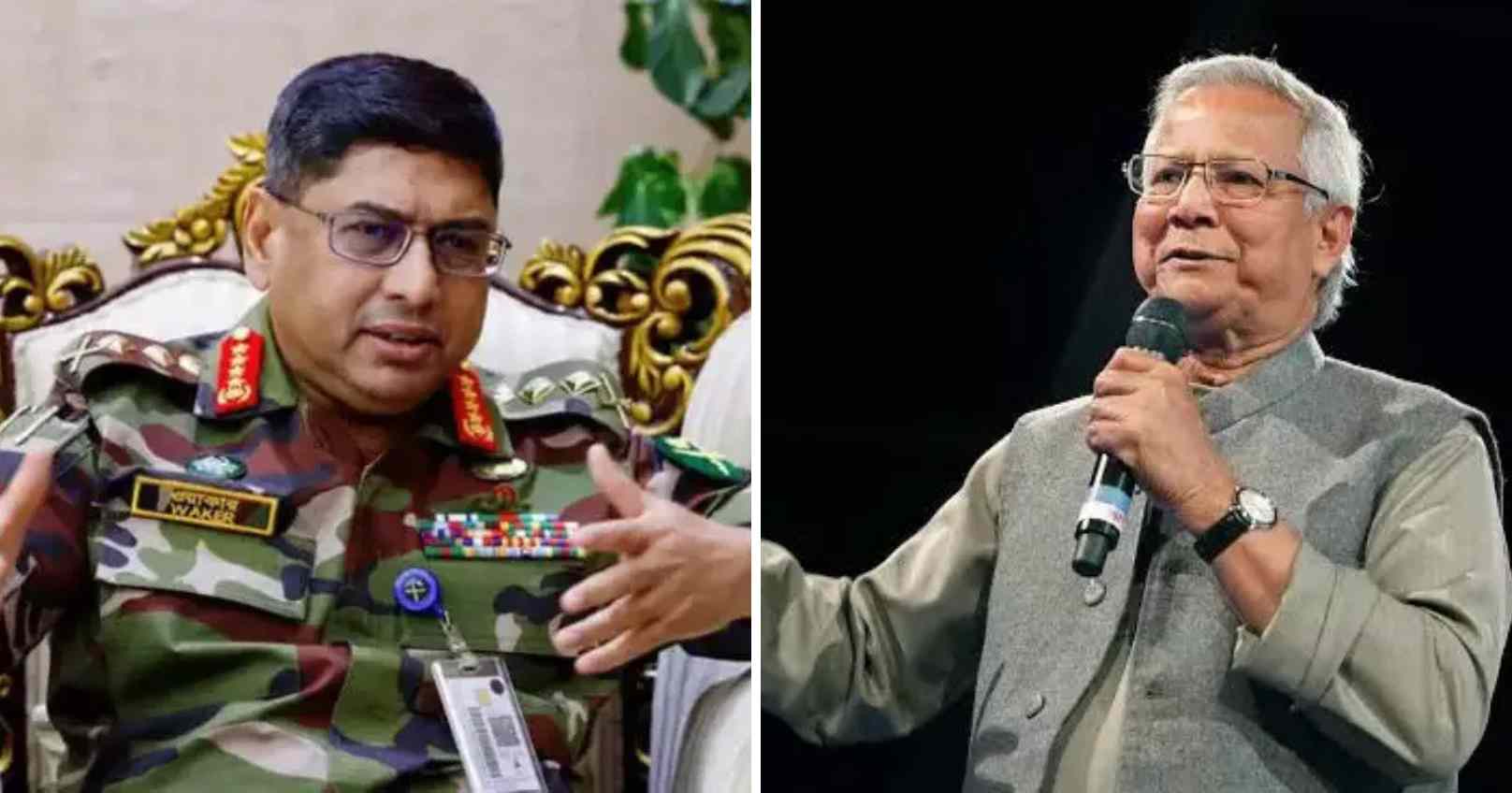India’s recent efforts to deport undocumented migrants have drawn sharp criticism from Bangladeshi authorities, who see it as a threat to national security and a challenge to their sovereignty. On Tuesday, Indian officials reportedly repatriated 67 individuals identified as Bangladeshi nationals, while the next day, 13 more were caught in limbo at the Zero Line—stranded between the borders.
A senior Bangladesh Army officer, speaking on May 26, condemned India’s actions as "unacceptable," adding that the military stood ready to intervene if the situation escalated.
Back in 2016, then Minister of State for Home Affairs Kiren Rijiju informed Parliament that India was home to nearly 20 million undocumented migrants from Bangladesh.
According to The Hindu, by April 30 this year, India had handed over about 100 Bangladeshi nationals to the Border Guard Bangladesh (BGB). However, Bangladeshi media outlets claim the actual number of people forced across the border since May 7 exceeds 800. This figure reportedly includes not just Bangladeshis, but also Indian nationals and Rohingya refugees, allegedly sent over by India’s Border Security Force (BSF), according to New Age, a Dhaka-based publication.
On Wednesday morning, the BGB, with the support of local residents, reportedly blocked an Indian attempt to send 57 individuals across six border points in Lalmonirhat district. This region lies opposite West Bengal’s Cooch Behar district.
The Daily Star reported that among those stuck at the Zero Line were women and infants, caught in a diplomatic limbo as neither side allowed them to pass. A flag meeting requested by the BGB reportedly received no response from the Indian side, according to BGB commander Abdus Salam.
“We stand firmly with our border forces and will not accept any forced entry into our territory,” a local Bangladeshi leader was quoted as saying.
This isn’t the first border flare-up. Disagreements over the construction of border fencing have previously caused friction, with the BGB blocking India’s fencing efforts as recently as January.
The India-Bangladesh border stretches over 4,000 kilometers and has traditionally been porous. As of February, the Indian government reported that 3,232 kilometers had been fenced off to restrict illegal crossings.
Bangladesh's Home Affairs Adviser, Lt. Gen. (Retd.) Md Jahangir Alam Chowdhury, said on May 18 that while undocumented Bangladeshi nationals in India should be returned, the process must follow official channels.
Yet, the political landscape in Dhaka has shifted dramatically. Following Prime Minister Sheikh Hasina’s exile in August 2024, anti-India sentiment has intensified, with hardliners gaining ground and painting India as a meddler in Bangladeshi politics. The narrative that India propped up Hasina’s authoritarian regime has added fuel to public resentment.
This backdrop explains the strong reactions to India's current crackdown. Sarwar Tushar, a leader of the National City Party, accused India of violating international norms and endangering regional security. “Forcing people into our country is a hostile act,” he told New Age, urging New Delhi to respect Bangladesh’s sovereignty.
On the military front, Brigadier General Md Nazim-ud-Daula of Bangladesh’s Military Operations Directorate said the BGB was managing the situation for now, but the army was on standby should the government require intervention. “This is not an acceptable situation,” he told the Dhaka Tribune.
Earlier, on May 9, the Bangladeshi foreign ministry raised formal concerns with India, urging adherence to agreed-upon repatriation procedures, The Daily Star reported.
Illegal immigration from Bangladesh has long posed a serious challenge for India, with several states—especially Assam, West Bengal, Gujarat, and Rajasthan—tightening their crackdown on undocumented residents. Many blame this influx for altering demographic patterns, particularly in Assam and Bengal. Recent unrest in Murshidabad has also been linked to the presence of undocumented individuals.
While nations have every right to enforce immigration laws and deport illegal residents, the increasingly hostile rhetoric from Dhaka has turned the issue into a flashpoint in the region.







